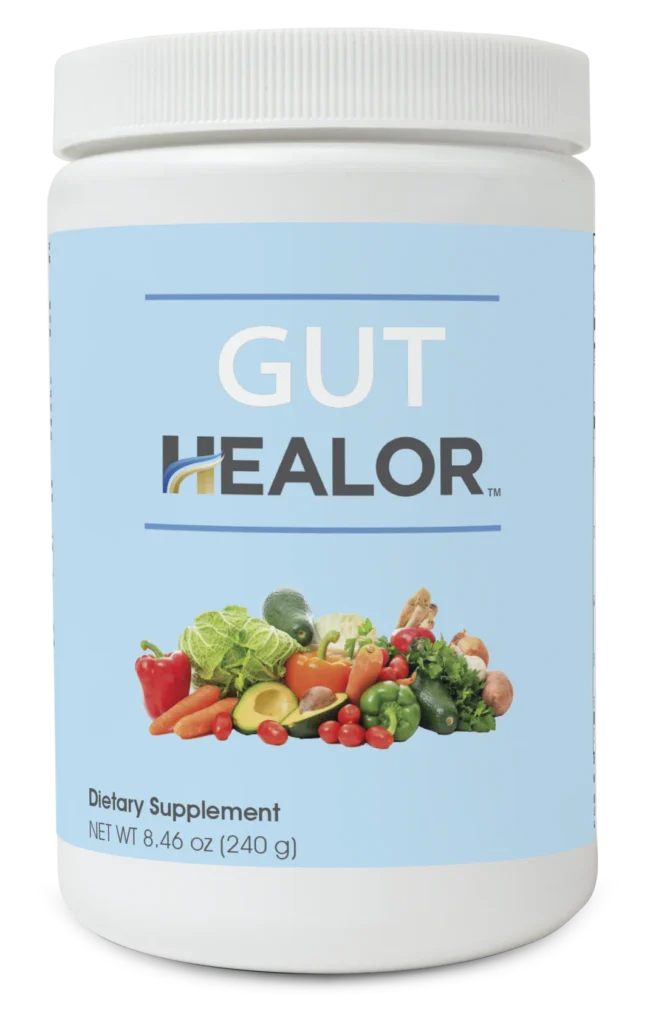
Constipation is one of the most common digestive or gastrointestinal issues that inconvenience Americans. Statistics show that over four million people experience frequent constipation, and around 2.5 million doctor visits are attributed to constipation cases. Discover effective Home Remedies to Beat Constipation and seek advice from a primary care doctor in Las Vegas for personalized care.
Although seen as a common, mild issue, constipation can also lead to more serious conditions if left untreated. Complications such as hemorrhoids, fecal impaction, or rectal prolapse may develop.
Understanding Constipation
Constipation — a condition characterized by infrequent bowel movements or difficulty passing stools — predominantly occurs when the colon absorbs too much water from the food in your intestines. This causes the stools to become hard and dry, subsequently making them challenging to pass.
Constipation can result from various factors. However, some of its most common causes are low fiber intake, lack of exercise, insufficient water intake, and medication use. Excessive stress, ignoring the urge to pass stools, and medical conditions like irritable bowel syndrome may also lead to constipation.
Aside from infrequent bowel movements, other common symptoms of constipation include:
- Abdominal bloating
- Stomach pain
- Discomfort while defecating
- Sensation of incomplete evacuation
- Overall feeling of being unwell
Home Remedies To Improve Constipation
While medication from a primary care doctor in Las Vegas can provide relief to your constipation issues, you may also consider these home Remedies To Improve Constipation. These safe, easy-to-do, effective home remedies help regulate bowel movements and improve constipation.
1. Eat More Fiber-Rich Foods
Increasing your daily fiber intake is one of the most effective ways to alleviate constipation. Fiber supplements like Gut Healor helps soften and bulk up stool, making it easier to pass.
Incorporate more fiber-rich foods like whole grains, fruits, vegetables, and legumes into your diet. The recommendation is to aim for 25 to 30 grams of fiber per day. However, make sure to gradually increase your fiber consumption to avoid potential bloating or discomfort. Taking fiber supplements may also aid with inducing bowel movements.

2. Ensure Proper Hydration
Proper hydration is crucial for healthy digestion. Drinking water throughout the day can help maintain proper hydration levels and ensure your digestive system functions optimally.
Aim to drink eight to 10 glasses or the equivalent of 1.8 liters of water daily to keep your stool soft and facilitate its passage. Do take note that your required water intake may change depending on factors such as age, sex, weight, and whether you are pregnant or breastfeeding.
3. Prune Juice and Dried Prunes
Prune juice is a natural laxative known for its high fiber and sorbitol content. Sorbitol is a natural carbohydrate and sugar alcohol that can help soften stools, promoting regular bowel movement.
As little as two ounces of prune juice daily can significantly improve constipation.
Similarly, dried prunes are effective for constipation. In fact, dried prunes typically contain more than double the sorbitol that prune juice has, as well as higher fiber content.
If it is your first time trying prune juice for constipation, start with a half-cup or four-ounce serving with your breakfast. If you prefer dried prunes, the equivalent amount would be around five pieces.
4. Warm Water With Lemon
A glass of warm water with lemon in the morning, especially on an empty stomach, can help stimulate digestion and bowel movements. The warm water aids digestion, while the lemon’s citric acid can have a mild laxative effect.
Moreover, the vitamin C from the lemon offers antioxidant properties which can help support digestive health.
5. Drink Coffee
Coffee is known to have a stimulating effect on the muscles of our digestive system. Drinking coffee — particularly the caffeinated kind instead of decaf — can aid in inducing an effect known as the gastrocolic reflex.
This reflex is a physiological response that prompts movement of the lower gastrointestinal (GI) tract — which is an important process in digestion and the elimination of waste.
As such, drinking coffee in the morning can help promote regular bowel movement.
6. Drink Herbal Teas
Several herbal teas offer potential benefits for improving constipation. These include:
- Senna tea: Contains glycosides, which naturally stimulates nerves in the gut
- Ginger tea: Known for its digestive benefits, as well as for helping reduce bloating.
- Peppermint tea: Has antispasmodic properties, which can help relax the muscles of the digestive tract.
- Dandelion tea: Has mild diuretic and laxative properties.
Regularly drink a cup of your preferred herbal tea after a meal to aid digestion and maintain regularity.
7. Exercise Regularly
Sedentary lifestyles have long been linked to constipation concerns. Engaging in regular exercise — like brisk walking or yoga — for at least 30 minutes on most days can significantly improve constipation.
Physical activity plays a significant role in maintaining a healthy digestive system. Regular exercise stimulates the natural contraction of intestinal muscles, helping to move stools more quickly through the colon and maintain overall digestive health. It also reduces the amount of time food waste stays in the bowels, minimizing the amount of water absorbed from the waste and preventing stools from becoming hard and difficult to pass.
8. Foods Rich in Probiotics
Probiotic-rich foods like yogurt — especially those with live and active cultures — support a balanced gut microbiome, improving digestion. Aside from yogurt, incorporating miso, kefir, kimchi, kombucha, and sourdough bread to your diet are also great ways to get more probiotics.
9. Aloe Vera Juice
Drinking aloe vera juice may also offer constipation relief. It contains compounds that act as natural laxatives, which may help with bowel movements. However, it is important to take caution as aloe vera may also cause abdominal cramps or diarrhea. It is recommended to start with a small amount of aloe vera juice and gradually increase your intake as needed.
10. Epsom Salt
Epsom salt can act as a laxative when dissolved in water. It increases the amount of water in the intestines, which helps soften stools and promote bowel movement.
However, use this remedy with caution to avoid dehydration. Consult a healthcare professional first to ensure safety.
When To Seek Professional Help
When using Home Remedies To Improve Constipation, always remember that individual reactions may vary. It’s essential to monitor your body’s response to find the most effective solution for your constipation.
Moreover, make sure to pay attention to your body and consult a primary care doctor in Las Vegas if you continue to experience persistent constipation. Other signs that it is time to consult a primary care doctor for your constipation problems include:
- Severe or intense abdominal pain, accompanied by vomiting
- Blood in stool
- Unexplained weight loss
- New or unusual symptoms
Constipation may be a prevalent and often distressing problem, but there are plenty of safe and effective ways to improve your condition through both home remedies and professional medical help.







